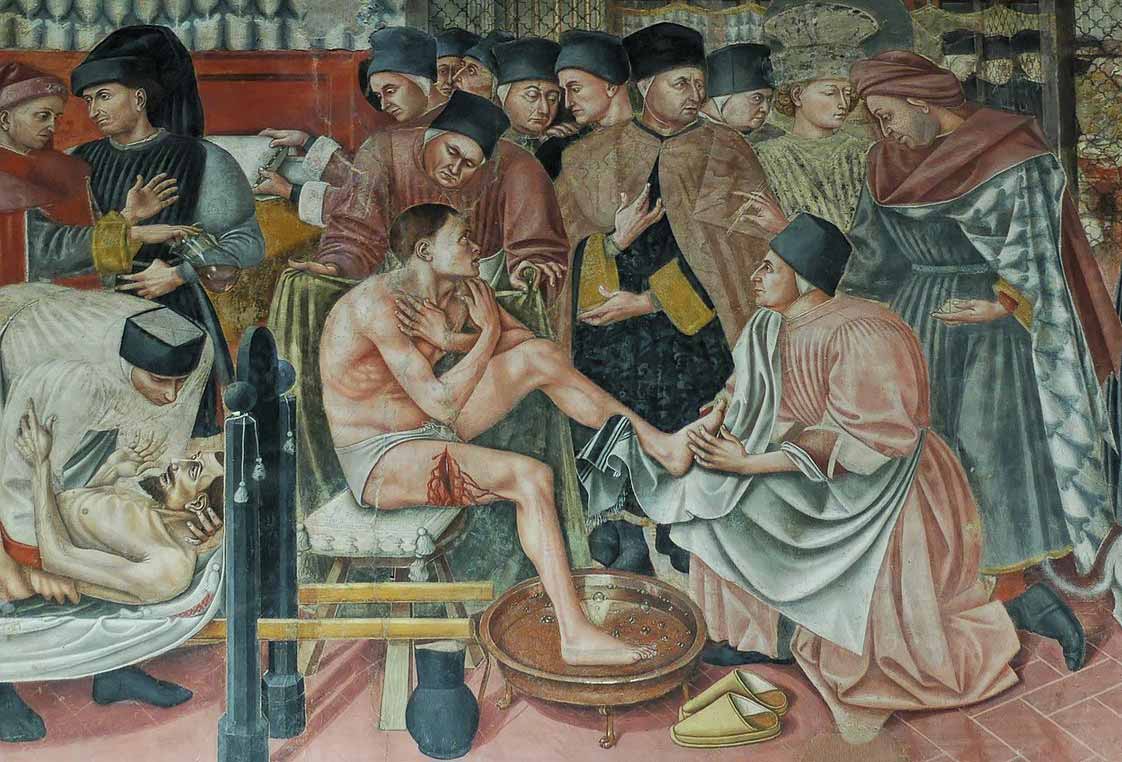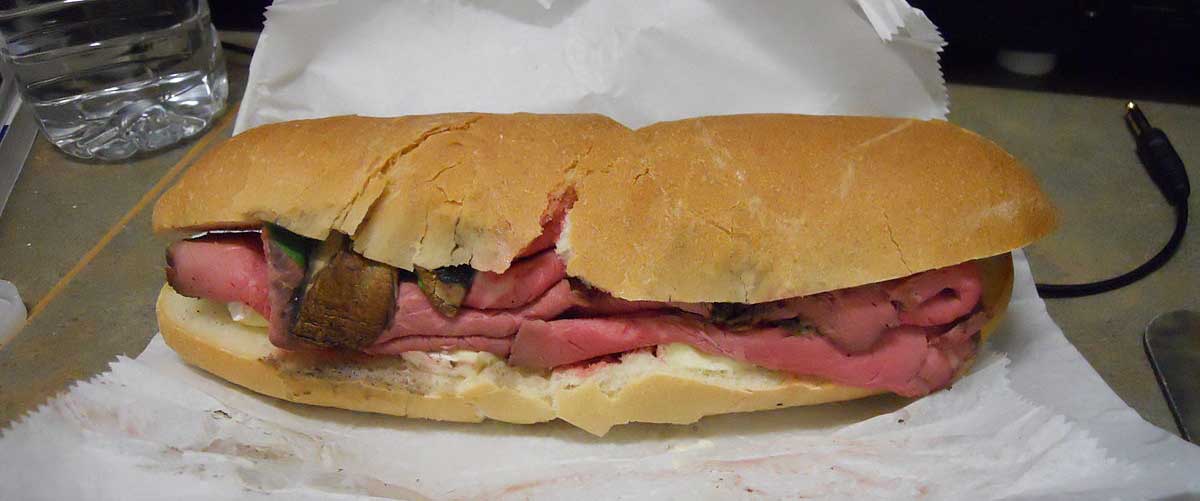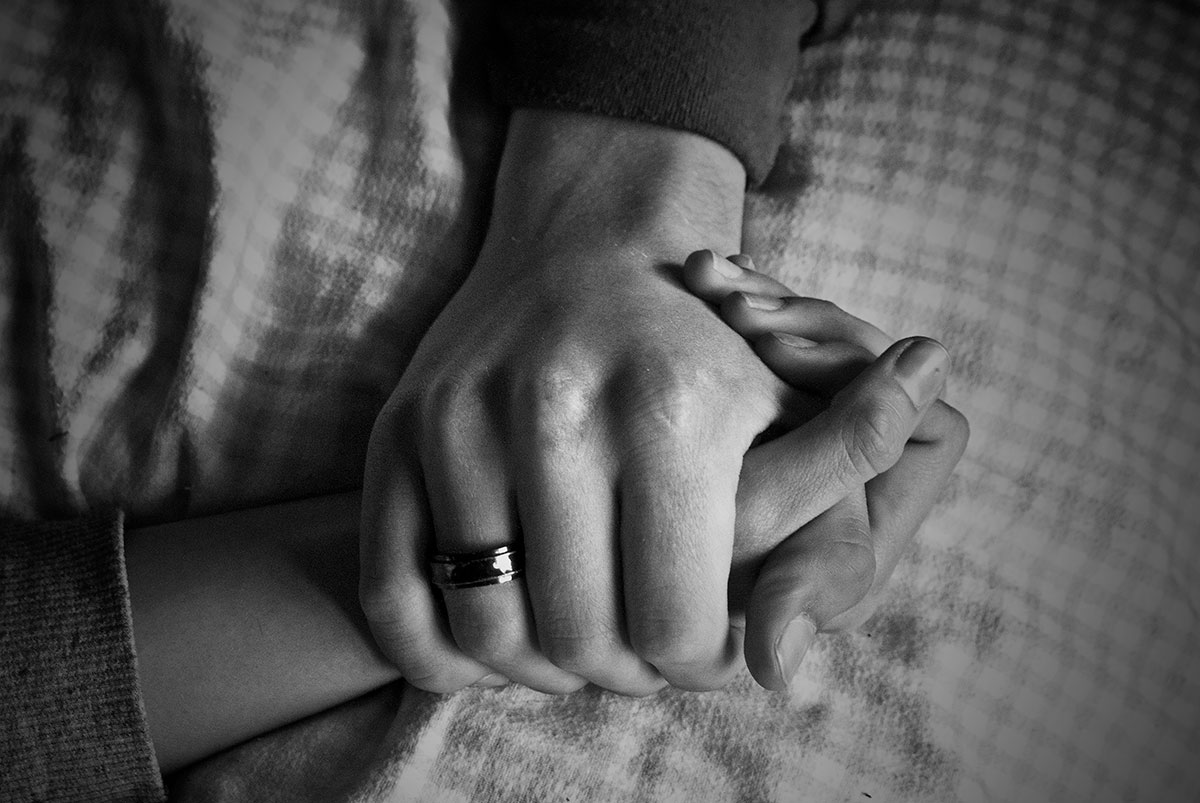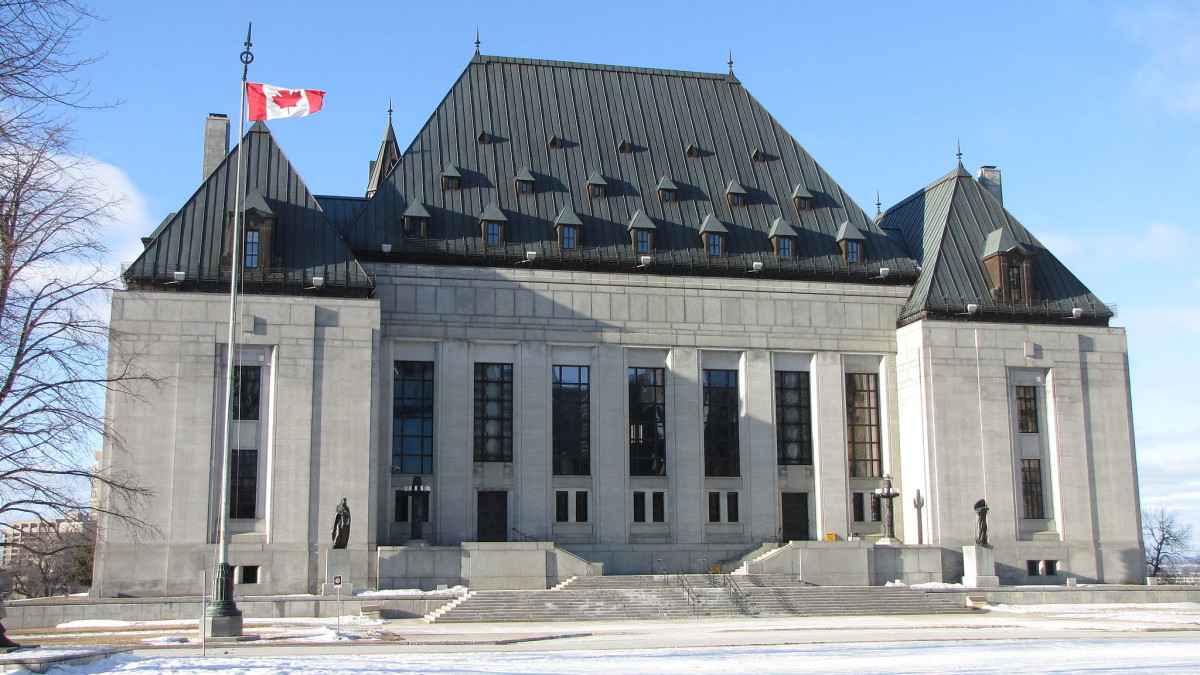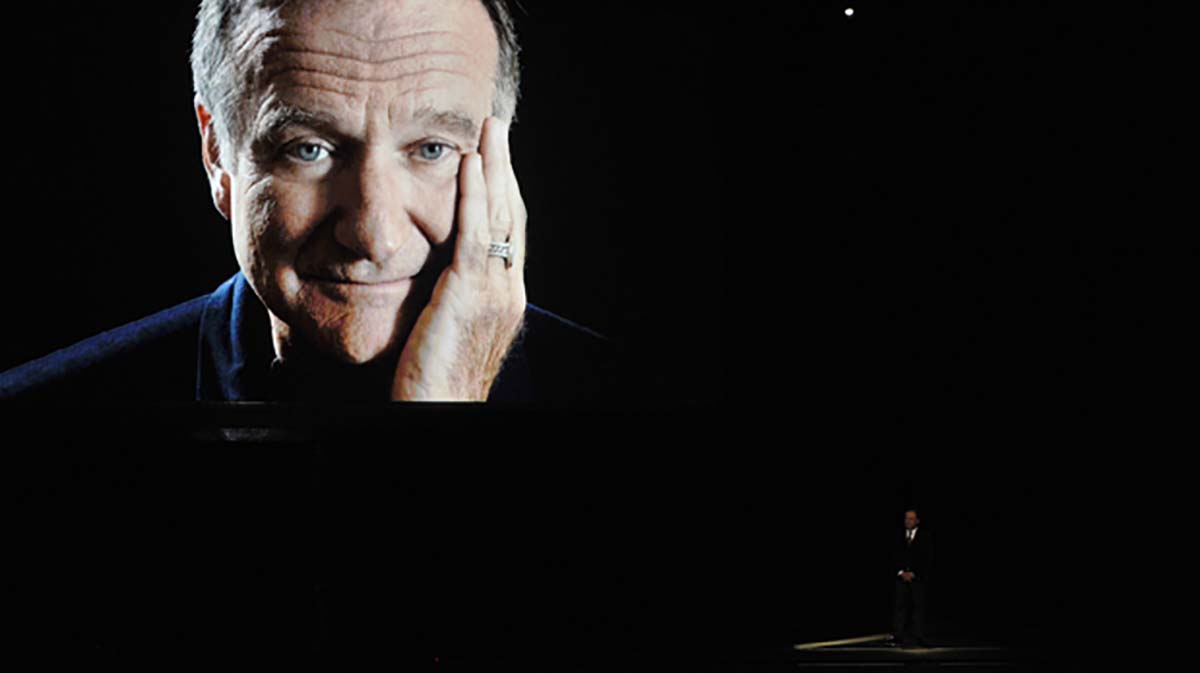[the following post is a slightly edited version of an article kindly commissioned by In-Training, a website run by and for medical students. The advice I give in the article is based on lessons I learned long after finishing medical school, so I hope you will find this piece of interest, even if you are well established in your healthcare profession.]
Dear medical student,
I am honored by the opportunity to offer some advice on how to safeguard your professional career in a treacherous healthcare system.
I will not elaborate on why I think the healthcare system is “treacherous.” I will assume—and even hope—that you have at least some inkling that things are not so rosy in the world of medicine.
I am also not going to give any actual advice. I’m a fan of Socrates, so I believe that it is more constructive to challenge you with pointed questions. The real advice will come to you naturally as you proceed to answer these questions for yourself. I will, however, direct you to some resources to aid you in your reflections.
I have grouped the questions into three categories of knowledge which I am sure are not covered or barely covered in your curriculum: economics, ethics, and philosophy of medicine.
I have found that reflecting on these questions has been essential to give me a sense of control over my career. I hope that you, in turn, will find them intriguing and worth investigating.Continue reading “How to safeguard your career in a treacherous healthcare environment.”

